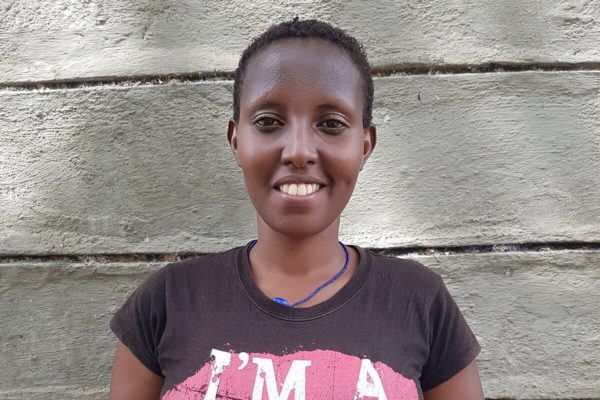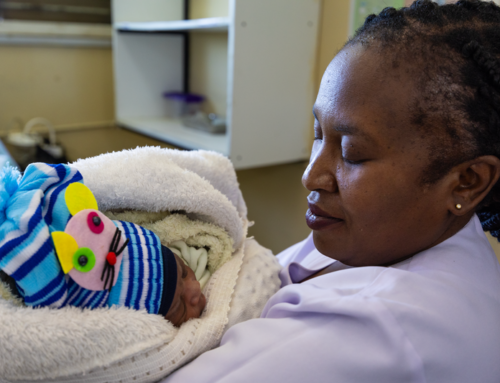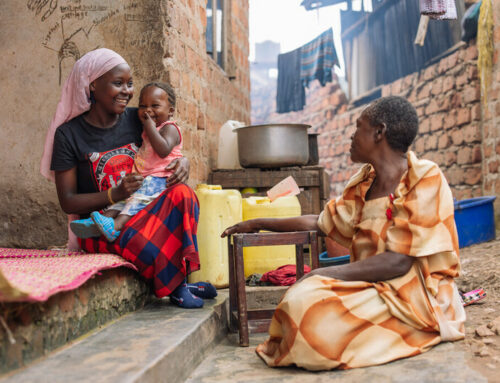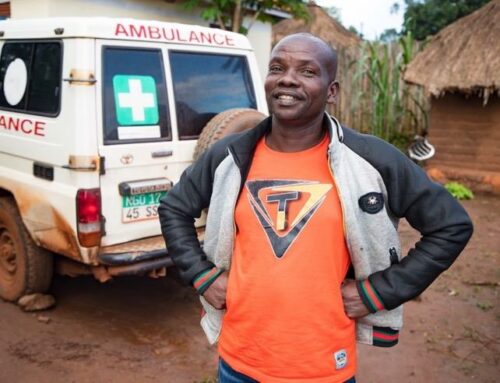Bringing family planning services to rural communities
Why is family planning so important?
Family planning saves lives and enhances quality of life. It empowers women to make reproductive choices that promote equity of life in society. If appropriate action is not taken, inability to access FP services could lead to long-term devastating consequences including morbidity, mortality, increase inequality, and lead to diminished quality of life. During crises such as the COVID-19 pandemic, unintended pregnancies particularly among adolescent and young girls lead to long-term effects such as school drop-outs and the inability to work. FP services should be recognized as essential lifesaving services.
Fatuma’s Story

Fatuma is a young woman who learned about family planning thanks to Amref Health Africa (Photo: Amref Health Africa).
In the heart of Samburu County, 26-year-old Fatuma is a single mother of three children relying on casual jobs for a living. She first heard about family planning from health providers while visiting a clinic in 2016. She was pregnant but had little knowledge about the subject. Later in 2020, she attended a women’s seminar organized by Amref Health Africa. A Community Health Worker from her area invited her to the seminar where she learned in detail about different family planning (FP) methods.
Fatuma was relieved to learn about different contraceptive methods, having gone through challenges raising her children alone. “I have had problems because my children were too young. I could not manage to go to work, and I had no one to stay with them while I went to work,’’ she said.
Fatuma settled on a three-year implant which she found the most convenient for spacing out when she would have children. She had heard myths and misconception that long-term methods like the implant were painful and cause infertility.
“I did not know about long-term contraceptives before. I used to fear the insertion procedure, thinking it was painful until I saw it done on another patient during one of the FP outreaches I attended. It is working effectively, so I do not need to keep going to the health facility,” she added.
Fatuma is happy with the contraceptive she discovered. She says it has helped her to earn a living and save for school fees for her children. “My health has improved, and my children are now grown. I do not have to stay home babysitting. I can now continue making money from my small business.’’
“I want to inform women that using contraceptives is important to their health and that of their children, and more so their prosperity,” she tells us. Fatuma has taken a bold step in teaching young girls from her village about contraceptives. She conducts health talks and sensitization sessions in her village thanks to training from Amref. She assists Community Health Workers in mobilizing the community to use Family Planning services and in accompanying young girls visiting South Horr Health Centre in Samburu County for FP services.




